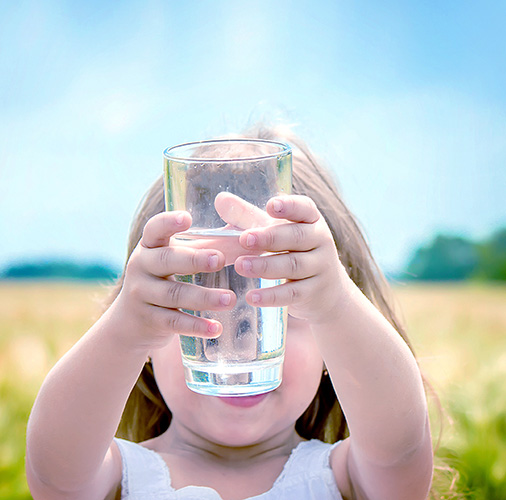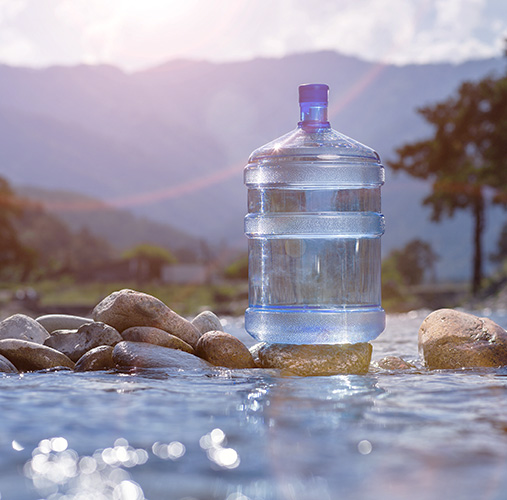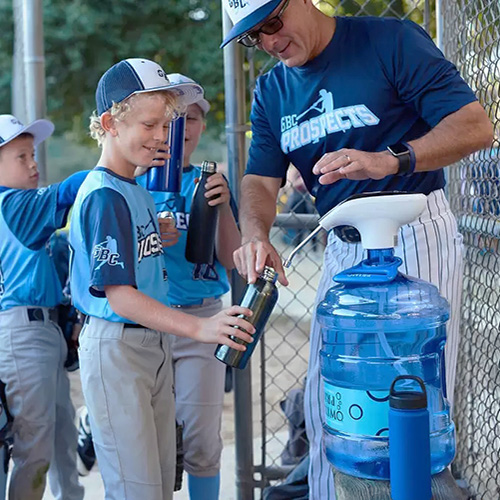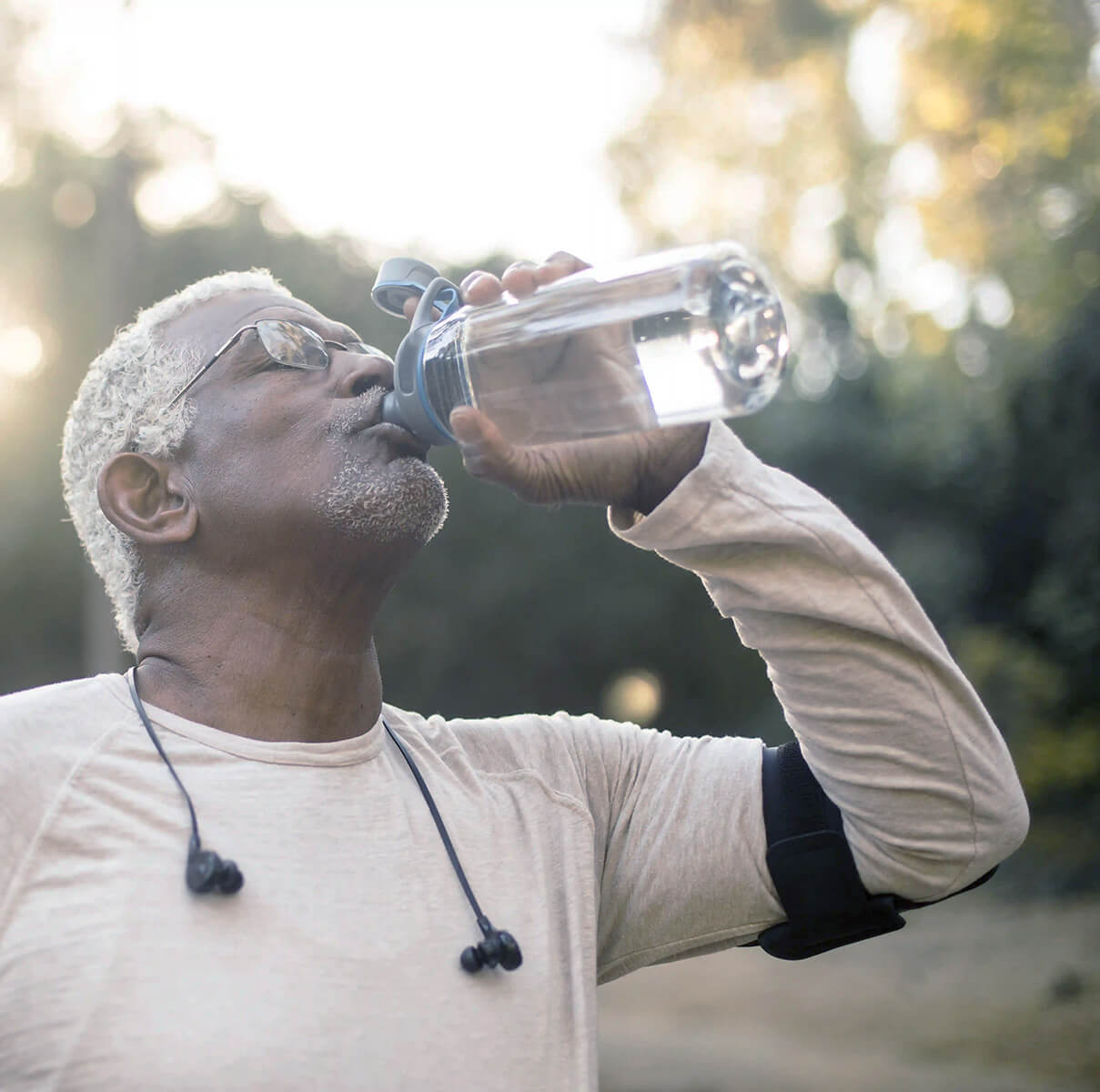When you consume our products, not only do you consume water and hydrate yourself, but you do so in an environmentally friendly way. Thank you for helping us take care of our planet.
Achieving and maintaining carbon neutrality in our operations is a critical step toward improving our standing as a sustainability leader and ensuring that we are upholding our commitment to being a steward of the planet’s natural resources. Looking ahead, we will continue to search for sustainable ways to improve the livelihoods of our customers, our associates and the communities we serve.
-
-
-
OUR GOAL
Reducing our carbon fooprint through lower greenhouse gas emissions and becoming CarbonNeutral® certified in the United States by the end of 2021.
In 2020, we made significant progress toward our carbon neutrality cornerstone initiative:
- We achieved carbon neutral certification for our U.S. operations;
- We continue to replace older model diesel vehicles in our delivery fleet with propane-powered vehicles that deliver greater fuel efficiency and help lower our greenhouse gas emissions.
-
-
Operating as a carbon neutral company is our focus and commitment. It means achieving a net-zero carbon footprint by a combination of eliminating and offsetting greenhouse gas emissions.
Our Primo Water North America subsidiary is now a CarbonNeutral® certified company that has achieved certification under The CarbonNeutral Protocol, an international standard administered by Natural Capital Partners.
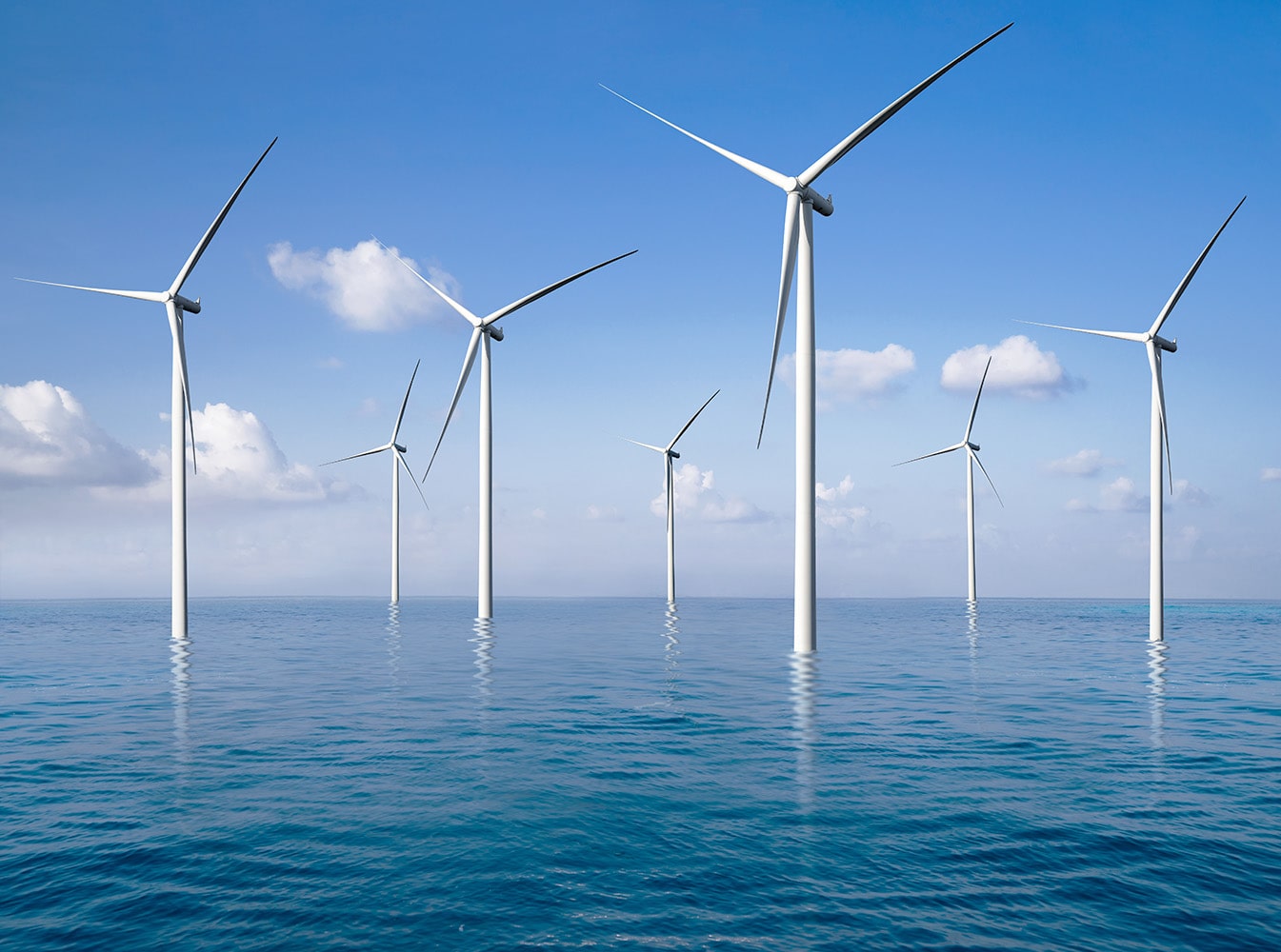
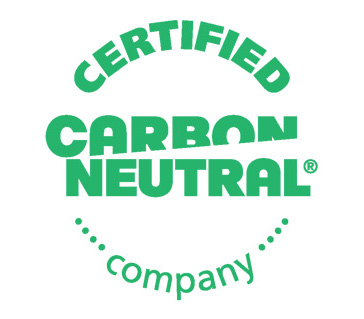
In the United States
Primo Water North America achieved carbon neutrality across its U.S. operations in October 2020. Our carbon neutrality focus includes pursuing cleaner and leaner operations and using more renewable energy. For example, over the past years, we have shifted some of our transportation fleet from diesel to propane-powered vehicles to reduce carbon emissions and have optimized mileage by implementing route planning technologies. Propane is a domestically produced fuel in abundant supply, which is also 75% cleaner than the current Environmental Protection Agency (EPA) standard for nitrogen oxide emissions.
We reduced our greenhouse gas emissions by 168,375 metric tons in 2020 in the United States through the purchase of renewable energy and carbon offsets. Below are the EPA estimated environmental equivalencies associated with our 2020 greenhouse gas emissions reduction:
Greenhouse gas emissions from

36,376
Passenger vehicles driven for one year –OR–

417,803,970
Miles driven by an average passenger vehicle
CO2 emissions from

18,946,214
Gallons of gasoline consumed
–OR–

16,539,784
Gallons of diesel consumed
Greenhouse gas emissions avoided by

57,270
Tons of waste recycled instead of landfilled –OR–

8,181
Garbage trucks of waste recycled instead of landfilled
Carbon sequestered by

2,784,116
Tree seedlings grown for 10 years
–OR–

219,890
Acres of U.S. forests in one year
We are working on multiple fronts to improve our transportation efficiency. Recent vehicle purchases in North America promise a 40% increase in fuel productivity. We are also engaging in on-site refueling, which is not only economical, but also reduces air pollution and the environmental impacts of our vehicles.
In addition, to reduce delivery mileage, our drivers use smartphones to optimize their routes. And when we consider new water sources, we search for suitable locations near existing bottling plants, reducing fuel usage and transport distance.
We have identified opportunities to reduce energy use in our manufacturing plants in North America. For example, we are working to reduce lighting-related energy usage by transitioning to energy-efficient lights in some of our facilities.
Installing LED lighting in some of our bottling plants will significantly reduce our carbon dioxide, sulphur dioxide, nitrogen oxide and mercury emissions, providing the equivalent of planting 452 acres of trees annually. It will also reduce lighting-related energy operating costs by 64% in these plants.
Our focus areas
Environmental, Social and Governance




